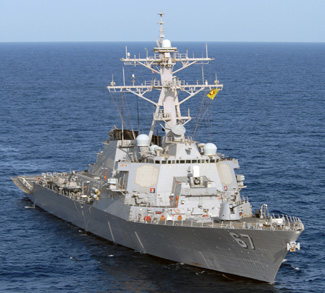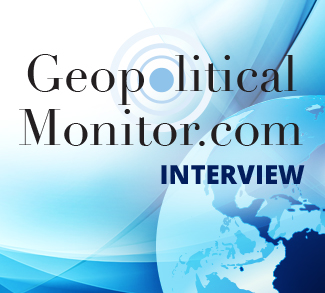Tensions in the South China Sea, specifically the Spratly Islands, are set to continue as the U.S. and China continue playing their game of “chicken” with one another. However, these military tensions between the two powers are only symptoms of the fact that China already perceives the U.S. as the chicken in the region.
Economic Entanglement
From the Chinese perspective, any war between the U.S. and China has already been won, by China. China learned from the former Soviet Union and started to enmesh the U.S. economy with its own from the time of Richard Nixon. This enmeshing has only increased in recent times, giving the U.S. pause in any potential wargaming scenarios. Ironically, this was the very same basis used in the formation of what was eventually to become the EU. At the time, it was thought that entangling France and West Germany with one another economically would serve to dampen any future fires of conflict between the two rivals.
China’s formidable economic power has also had a substantial dampening effect on U.S. allies in the region as well. In any South China Sea conflict, the most important of these two would be Vietnam and the Philippines. While the recent ASEAN meeting in the Sunnylands did manage to produce a shared statement by the attendees rebuking China’s maritime conduct in the region, it still did not quite go as far as the host, the U.S., would have liked. This will remain the case as long as China, not the U.S. or Japan, continues to be the dominant trading partner of most states in the region.
Freedom of Navigation
China is also aware that U.S. claims to protect “freedom of navigation” in the region is starting to ring hollow, even with some U.S. allies. Any thoughts of China somehow restricting commercial “freedom of navigation” in the region would not only be detrimental to China itself, but to nearly all of its regional trading partners as well.
Rather, it is the increasing Chinese capability to restrict military “freedom of navigation” with its anti-access aerial-denial strategy that worries the U.S.. This is why the U.S. sent two B-52 bombers through China’s East China Sea Air Defense Identification Zone (ADIZ) immediately after its declaration. China also hasn’t failed to notice U.S. “freedom of navigation” operations (FONOPS) in the area. Tellingly, the U.S. has only received lukewarm material support from its allies in these endeavors, even from its most committed Asian ally, Japan.
Whose core strategic interest?
Additionally, the U.S. recently announced that it would be relocating some of its bombers in the region to Australia in order to ensure they are out of Chinese missile range. As this missile range inevitably increases, will the bombers be relocated again, even farther out of range? The message that China, as well as U.S. regional allies glean from this reaction, is that the U.S. is ultimately unwilling to face material sacrifices to protect a non-core strategic interest.
At the end of the day, the South China Sea matters a lot more to China than to the U.S., and now the rest of Asia knows it as well. The argument can and has been made that protecting “freedom of navigation” globally is a core U.S. interest as the global hegemon. For historical and geographical reasons, China will not be moved by this argument.
Lastly, there will be no intimidating a fellow nuclear power. Currently, much is made of North Korean nuclear threats against the United States. However, it should not be forgotten that China itself has implicitly threatened a nuclear strike against the U.S., asking the U.S. in 1997 if it had any interest worth losing Los Angeles over. Without some type of modus vivendi between the two powers, akin to Hugh White’s suggestion in The China Choice: Why We Should Share Power, competition and security risk in the South China Sea will only increase over time.
The opinions, beliefs, and viewpoints expressed by the authors are theirs alone and don’t reflect any official position of Geopoliticalmonitor.com.




